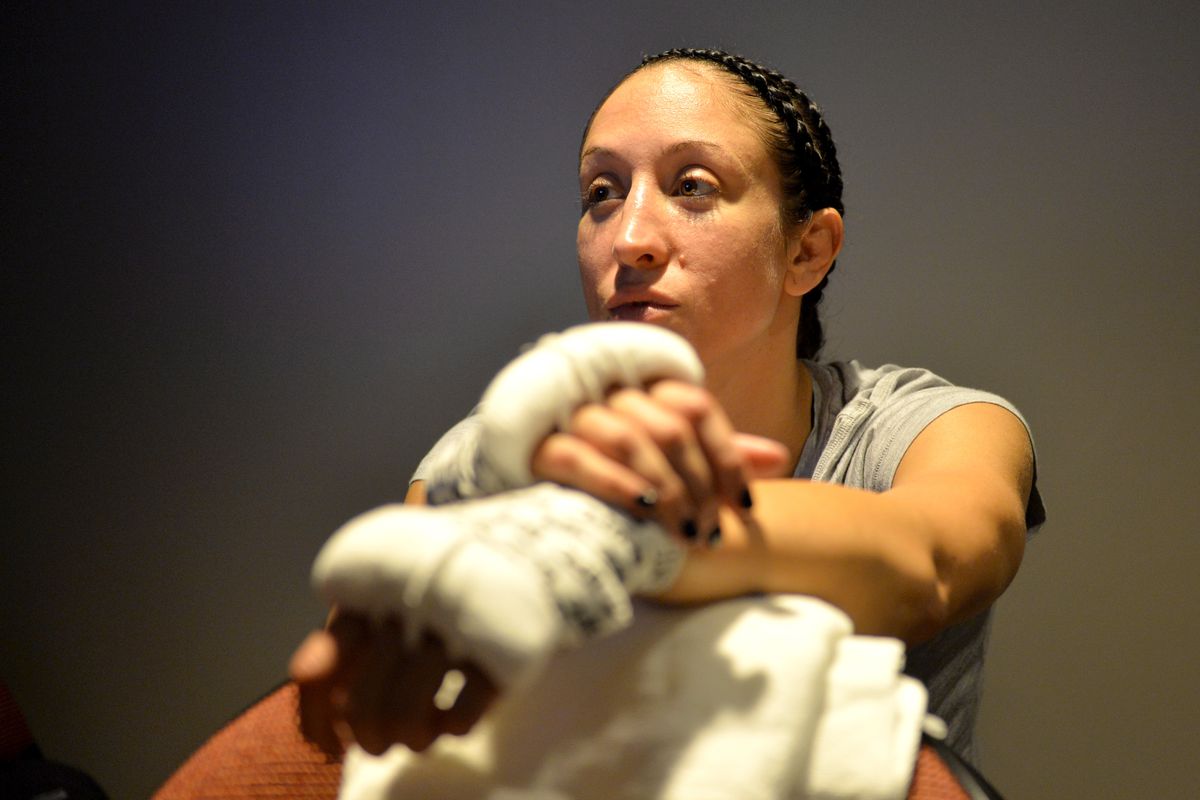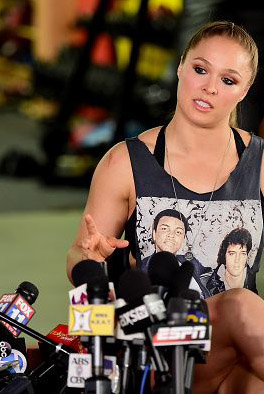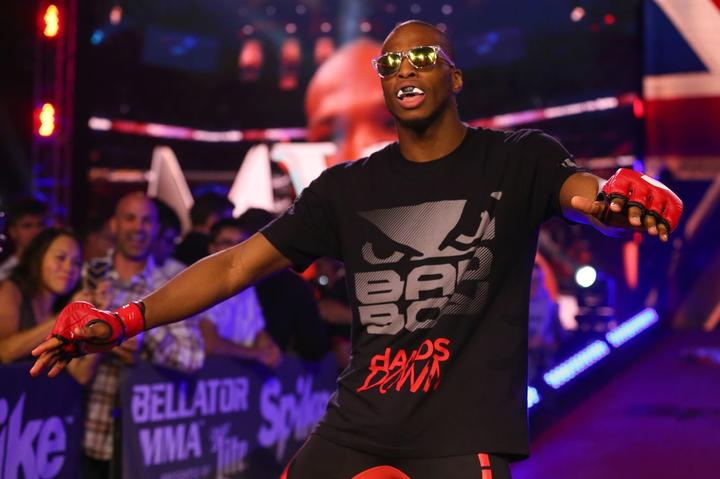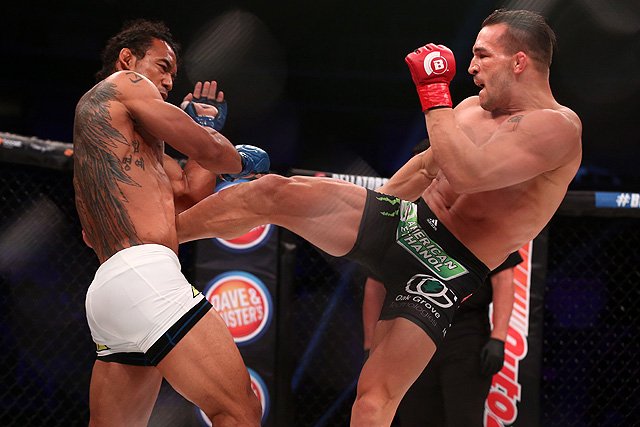Five years ago, the UFC and the US Anti-Doping Agency (USADA) started working together in what was designed as a move to help “clean up” the organization. Unfortunately, in the years that have followed, mounds of skepticism and criticism have formed around this partnership. And the last week brought further news items that not only highlight the issues critics have with USADA, but also demonstrate how little power fighters have when it comes to USADA’s policies and the implementation of them.
Last week Sean O’Malley, Bruno Silva, and Jessica Penne made headlines due to positive USADA tests. Silva was suspended for two years after testing positive for the steroid boldenone prior to a scheduled bout in June 2019; he’ll be eligible to return in 2021. O’Malley accepted a six-month suspension for testing positive for ostarine on two separate tests conducted in August 2019. And Penne is facing a four-year suspension from the sport after a positive drug test for the anabolic steroid stanozolol, which follows a previous 18-month suspension for a different anti-doping violation.
Penne’s story has received the most coverage over the weekend, as the former Invicta FC champion and UFC title challenger claimed that she’s been “effectively bullied and forced” to retire by USADA. Penne, who hasn’t fought since April of 2017, is facing a four-year suspension at 36 years of age, so it’s hard to see her having a career once it’s done. According to Penne, she had her supplements tested in an attempt to prove her innocence as a victim of a contaminated product, and claimed that the lab where she had the supplements tested found the product tainted with stanozolol. Under the UFC’s anti-doping policy, all fighters have the right to dispute findings and/or punishments, but fighters are responsible for all legal costs associated with that arbitration, which, according to Penne, could cost her between $30,000 and $40,000. Penne is just the latest in a long line of fighters who, like the others mentioned, claim their innocence and decry their lack of real power in these matters.
Another story that was reported last week was the news about USADA implementing an oral fluid testing pilot program in the UFC. This is meant to be “a pain-free and non-invasive collection experience for athletes” that “can be easily and quickly collected in a wide range of environments.” According to its official statement, other sample collection methods — such as urine and blood — will be run simultaneously alongside oral fluid testing, and the results for those fluid samples will not be reported during the pilot.According to UFC senior vice president of health and performance Jeff Novitzky, the pilot program, if fully implemented in the future, could provide a objective measurement of impairment, because, “If it shows up in oral fluid, it was used in close proximity, and athlete is likely impaired.” In many ways, this could be an improvement to current testing methods, but what input did fighters have in this conversation? At first glance, as with anything else within the UFC, the first guess is nil. And even though comment and feedback will be sought and secured during this program, fighter representation should have had the opportunity to ask questions before the fact. Unfortunately, the “independent contractor” status of the fighters on the UFC roster muffles their voices.
The UFC roster is constantly reminded that they remain vulnerable to the UFC and its stringent policies. They’ve also seen favoritism and shady dealing involving stars like Jon Jones, as well as Yoel Romero having to challenge USADA in court in order to clear his names. When a fighter faces a USADA violation, it’s nearly impossible to guess the outcome. Other athletes in major leagues like the NFL and MLB face similar regulations, but the main difference is there are standard practices and policies that athletes in those leagues have the opportunity to address as part of their collective bargaining agreements. UFC fighters don’t have that kind of collective power, and we all know what it would take to change that.
A new year is upon us, but the first major headlines coming out of the UFC are more of the same. Fighters continue to struggle with USADA violations with no end in sight. Penne, Silva and O’Malley are those affected now, but that list will grow by the time we ring in 2021.






